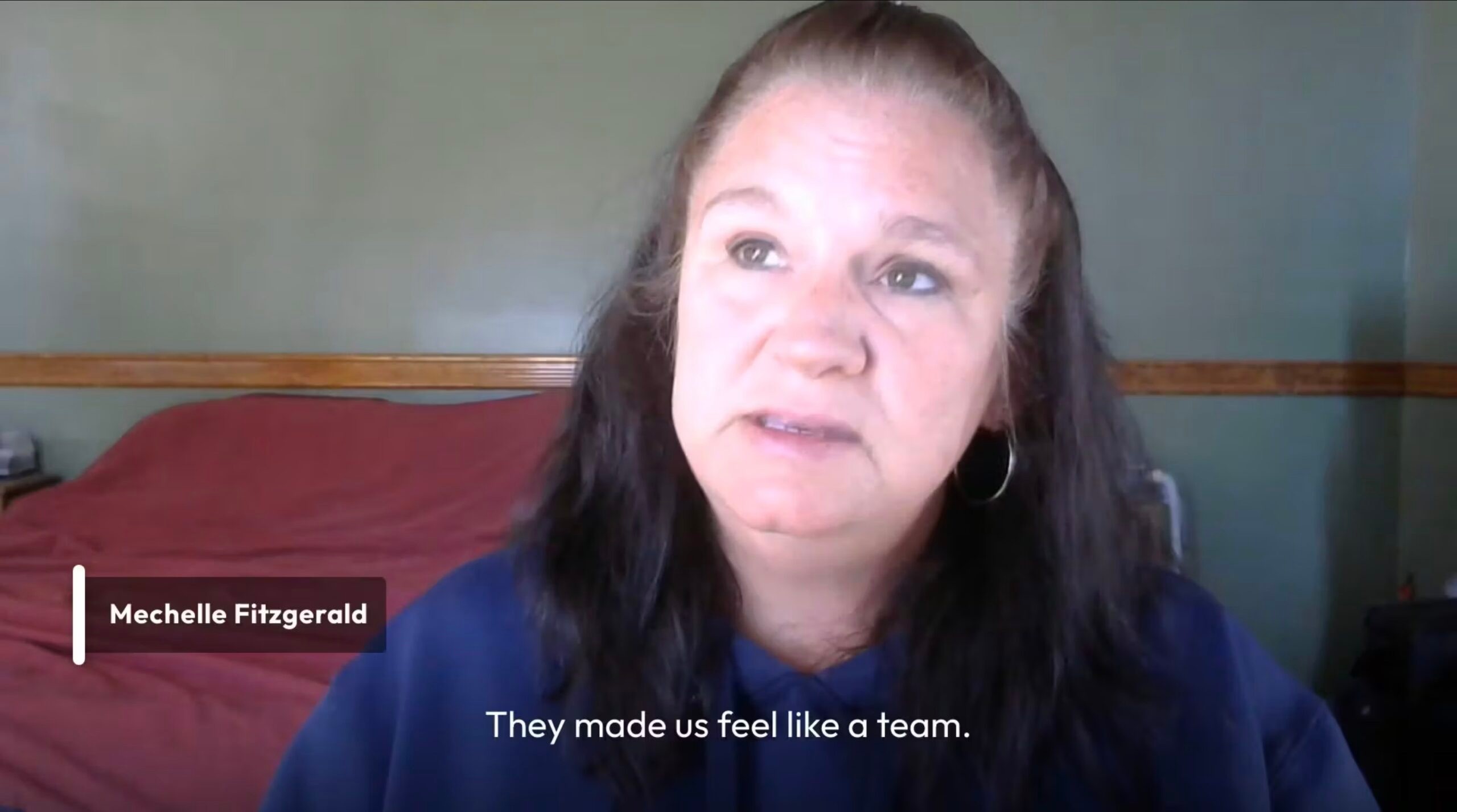What Is the Difference Between Malpractice and Negligence?

When Does Medical Negligence Become Malpractice?
Doctors, nurses, and other medical professionals are highly trained individuals who we trust implicitly to care for our well-being. However, it’s important to remember that these professionals are still prone to mistakes like everyone else. Unfortunately, these mistakes can lead to serious and potentially fatal consequences for patients. How can a doctor be held responsible for these actions? And how does the law differentiate between an honest mistake and an egregious error?
Medical malpractice cases often hinge on whether the medical professional lived up to the standard of care expected from someone in their position. Courts will also look at the intent and awareness behind their actions when making a determination in a case. Understanding the relationship between negligence and malpractice is crucial for anyone who has suffered harm at the hands of a medical professional. Our knowledgeable personal injury lawyers can explain these two concepts and how they may impact your case. If you have further questions, don’t hesitate to contact our law firm today for a free case evaluation.
What is Medical Negligence?
In the course of medical treatment, accidents or mistakes can occur. If a medical professional treats a patient in a way that does not meet the standard of care expected from someone with their training and experience, then their actions or decisions are considered medical negligence. The standard of care expected can vary based on the medical situation and the skill set of the individual in question. For example, an emergency room doctor making split-second life-or-death treatment decisions may be given more leeway than a surgeon who specializes in performing specific treatments under controlled conditions.

While mistakes in healthcare are never good, medical negligence may not always lead to harm. For the error to rise to the level of medical malpractice, it must be proven that the actions caused direct injury to the patient.
What Are the Key Elements of a Successful Medical Malpractice Claim?
Every medical malpractice claim involves medical negligence, but not all cases of negligence will qualify as valid or successful malpractice claims. As part of every medical malpractice claim, the plaintiff and their legal team must demonstrate the following points to be true:
- The medical professional owed the patient a duty of care: The doctor and the patient had a clear professional relationship, which legally bound the doctor to provide proper care or treatment.
- The medical professional breached their duty of care: They were medically negligent in their actions, inaction, or decisions. Their level of care deviated from the accepted medical standard that would be expected from their peers.
- The breach caused injury: Due to the medical negligence the patient experienced, they suffered harm.
- The injury caused losses for the patient: There must be provable economic and/or non-economic damages suffered by the patient due to their injuries, for which they can seek compensation. For example, if a doctor failed to diagnose the flu, which led to the patient recovering more slowly, they probably wouldn’t have a valid case because there were no significant losses. However, if the missed flu diagnosis led to the patient being hospitalized later for pneumonia and suffering lasting lung damage, they would have provable losses and a potentially valid claim.
How Do I Know Whether My Case Involves Medical Negligence or Malpractice?
Determining whether your case qualifies as medical malpractice can be challenging because the law is complex, and there is a great deal of nuance involved. Proving that a doctor acted incorrectly and directly caused you harm can be more complicated than it may appear, especially when the effects of the malpractice were not immediately apparent.

In these situations, the opinions of other medical professionals can prove vital in supporting your claim. A skilled medical malpractice lawyer can evaluate your case and build a strategy to help you get the justice you deserve.
What Are Examples of Medical Malpractice?
Medical malpractice covers various negligent behaviors by medical professionals, including doctors, nurses, dentists, psychologists, paramedics, and others. It can range from blatant errors, such as amputating the wrong limb, to less obvious harm, like failing to provide thorough care instructions and follow-up appointments after a procedure. Some common examples of medical malpractice include:
- Anesthesia errors
- Avoidable infection
- Birth injuries
- Brain damage
- Defective implants and medical devices
- Dental malpractice
- Emergency room negligence
- Failure to diagnose
- Leaving foreign objects in the body after surgery
- Misdiagnosis
- Negligent operative and postoperative care
- OB/GYN errors
- Performing procedures without proper consent
- Prescription errors and incorrect administration of medicine
- Sexual assault
- Surgical errors
This is not a comprehensive list of all possible medical malpractice cases. If you have suffered an injury while in the care of a medical professional, contact a trusted personal injury law firm today to discuss the details of your claim and learn about your legal options.
How Can a Personal Injury Lawyer Assist You?
The aftermath of a medical error can be devastating. You may require extensive treatments or surgeries to fix a mistake, or you may experience PTSD from the pain and trauma caused by the error. In the worst cases, patient fatalities occur either as a direct result of a deadly mistake or an irreversible worsening of their condition after a misdiagnosis or incorrect treatment.

If you or a loved one have suffered a medical malpractice incident, you deserve compensation for your losses, including lost wages, medical expenses, pain and suffering, and more. Contact our law firm to speak with a skilled Philadelphia medical malpractice lawyer today. We can assess your case and help you determine your next steps.
![Quote]() "Want to thank all of you once again not only for your professional services but your friendship and feeling like family through all of these past four years as we fought to rebuild Stefanie's life. I could not have made a better choice for helping us through this ordeal."
"Want to thank all of you once again not only for your professional services but your friendship and feeling like family through all of these past four years as we fought to rebuild Stefanie's life. I could not have made a better choice for helping us through this ordeal."Karl
- "They are all very helpful, caring and they do everything to try to make sure you as a client are OK and get you what you deserve. I would recommend them to anyone. They are a great law firm."
Tiffany
![Quote]() "I will happily be recommending your firm to anyone who may need your help in the future because of Jen, Eric and Brian."
"I will happily be recommending your firm to anyone who may need your help in the future because of Jen, Eric and Brian."Michelle
Hear What Our Clients Have to Say






